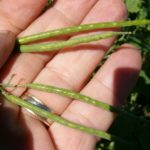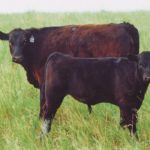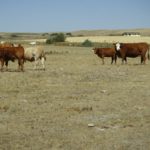Cattlemen’s Young Leaders Program Melissa Van Sickle’s interest in cattle started early and grew with her participation in 4-H. Van Sickle earned a bachelor of science in animal science from the University of Saskatchewan and then visited Australia. She then returned home to work for her family’s business, Genetic Ventures, which specializes in artificial insemination […] Read more













